
Pluralists of all Countries, Unite!
(5 min read)

Get ready for an enlightening conversation with management icon Henry Mintzberg, one of the few professors who has fundamentally reshaped our understanding of management, strategy and leadership. With a career spanning decades, Henry has made groundbreaking contributions to both academia and practice, transcending traditional boundaries to offer innovative insights on complex economic and societal issues. In our interview, we tap into Henry's extensive knowledge and expertise, eventually honing in on his latest opus, a visionary manifesto to "Rebalance Society." As a vocal critic of today's big corporate-dominated world, Henry contends that it's time to move beyond conventional left-right politics to re-establish a society founded on the balancing of responsible businesses, respected governments, and a robust plural sector. Join us for a thought-provoking dialogue as we explore Henry unique perspective on the most pressing management issues of our time!
Jump to
Why is the interview important? Who are we talking to?

Henry Mintzberg
Henry has been a profound source of inspiration for both of us, dating back to our undergraduate days. His bold challenges to conventional management wisdom have become timeless classics. As we prepared for this interview and revisited Henry's extensive body of work, it felt like a delightful journey back through the rich tapestry of management traditions - always accompanied by Henry's incisive and often controversial insights and his remarkable ability to cut through complexity and express the essence of matters at hand.
That said, our focus for this interview revolved around three key areas: Firstly, we were eager to delve into Henry's latest thoughts on organizational structures. What new archetypes was he exploring, beyond the concept of adhocracy, and what did he envision as the ideal model for modern firms? Secondly, we were captivated by his writings on healthcare and interested to draw comparisons with Paul Adler's work on Kaiser Permanente. What strategies existed for reform both within organizations and across the sector? How might insights from healthcare provide wider relevance? Finally, our greatest curiosity stemmed from Henry's latest work, both visionary and provocative: "Rebalancing Society." We wanted to understand Henry's perspective on what had gone wrong with capitalism since 1989, and how the so-called "plural sector" could genuinely drive change. Moreover, we intended to explore whether in this context large organisations could ever become actors "for good", and how his brilliant "declaration of interdependence" - which resonated with Mike O'Donnell's suggestions about social licensing - could possibly be operationalised.
Henry Mintzberg is a distinguished Canadian management scholar and author, celebrated for his groundbreaking contributions to the fields of management, strategy, and leadership. Born on September 2, 1939, in Montreal, Quebec, Mintzberg embarked on an academic journey that would span decades and revolutionize our understanding of these domains. He earned his Bachelor of Science in Mechanical Engineering from McGill University in 1961, followed by a Master's degree in Management from the MIT Sloan School of Management in 1965. However, it was at the Massachusetts Institute of Technology where his passion for management research truly flourished. Mintzberg completed his Ph.D. in Management in 1968 under the guidance of renowned management scholar Warren Bennis.
Throughout his illustrious career, Mintzberg held various academic positions, including serving as a professor at McGill University's Desautels Faculty of Management, where he has spent a significant portion of his academic life. His research, often characterized by its sharp and critical commentary, has spurred discussions and debates, leading to significant advancements in the field. Some of his most notable works include "The Nature of Managerial Work" (1973), "Structure in Fives: Designing Effective Organizations" (1983), and "Rebalancing Society: Radical Renewal Beyond Left, Right, and Center" (2015). A recipient of the Officer of the Order of Canada, Henry Mintzberg has been celebrated for his monumental contributions to the fields of management and academia. With an impressive collection of 21 honorary degrees from universities worldwide, he stands as a testament to his profound impact and influence, challenging conventional management theories and offering innovative perspectives on complex economic and societal issues. His enduring influence on management thinking and his commitment to reshaping the way we perceive organizations and society have solidified his reputation as a true icon in the world of management scholarship. His visionary ideas continue to inspire generations of scholars, leaders, and changemakers around the globe.
Exploring the Critical concepts for this session
A Resource Kit to launch your explorations
Selected published works
Live video recording and podcasts
Explanations, artefacts and references from the interview

What have we learned? Our "Best Bit" takeaways from the Interview

KEY INSIGHTS FROM THE INTERVIEW FOR OUR INQUIRY
Here you can find the most memorable insights from our interview, related to our three inquiry questions. Simply select from the drop down menu on the right -->
On “adjectival Capitalism”
Share the most popular quotes with your social media connections: just click + save picture + post!
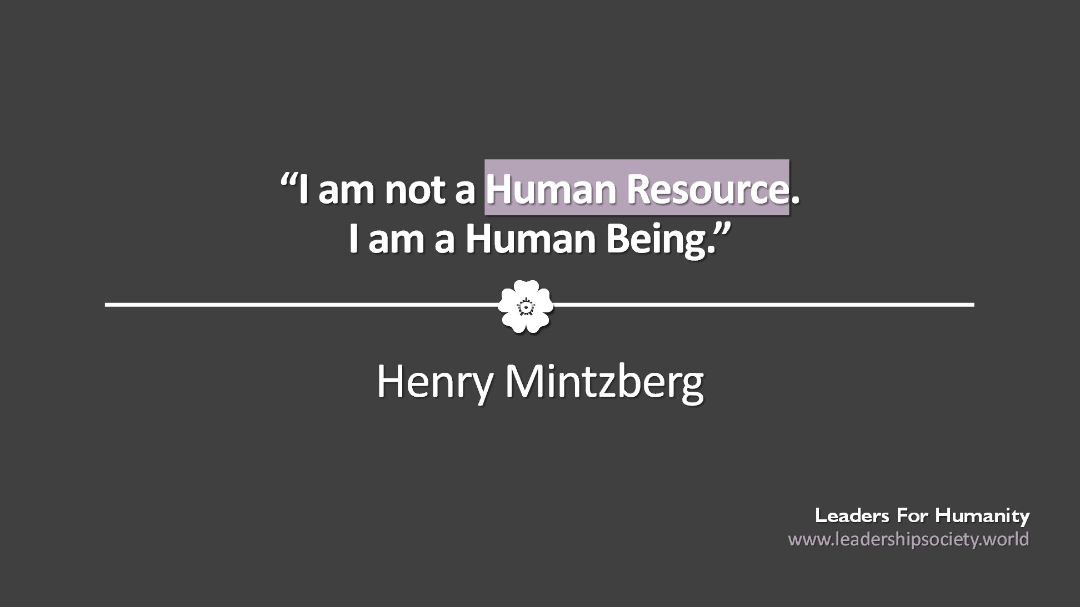
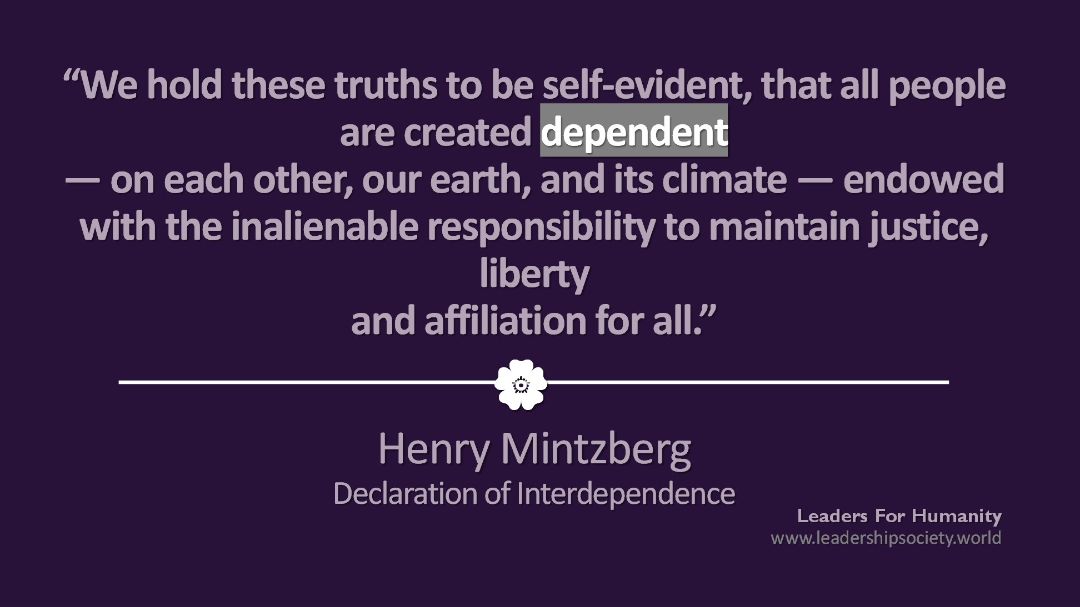
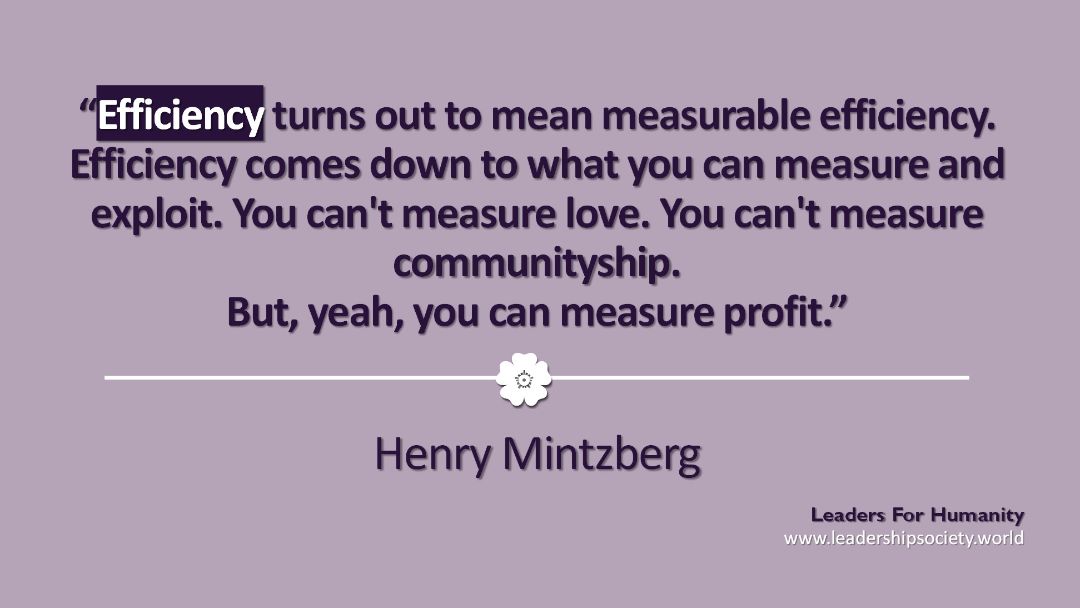
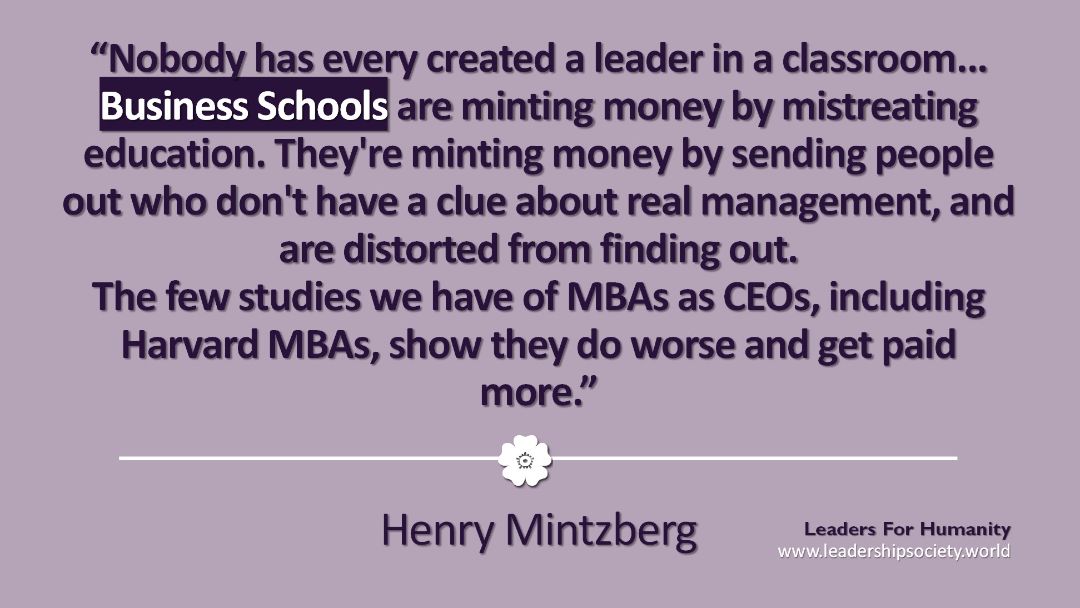
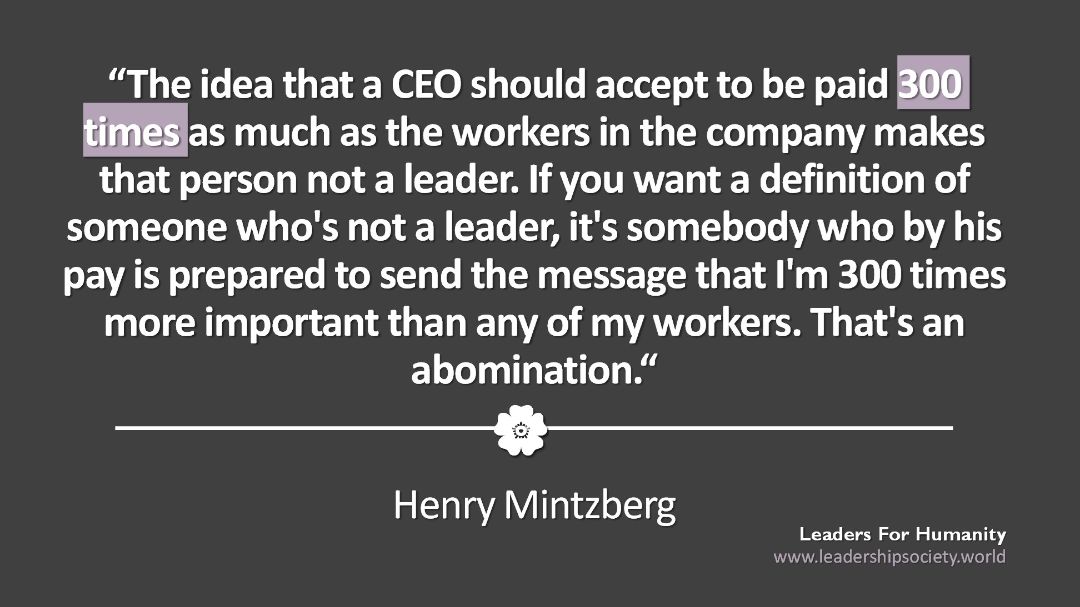
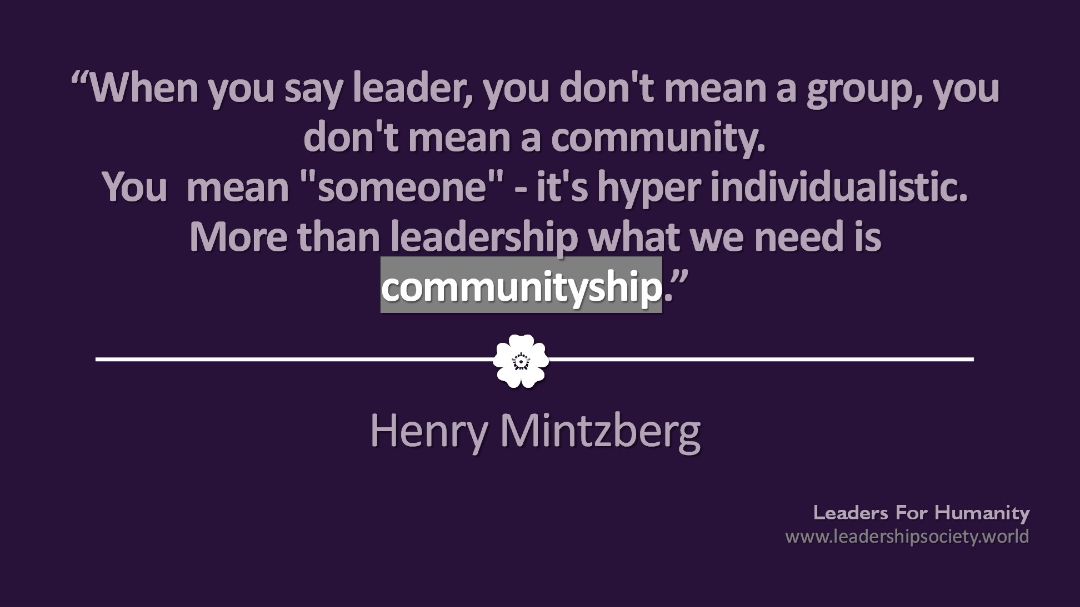
Unleash your curiosity and discover new insights
Further explorations about management, change and organisational structures

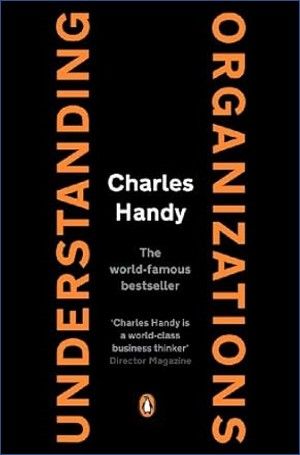
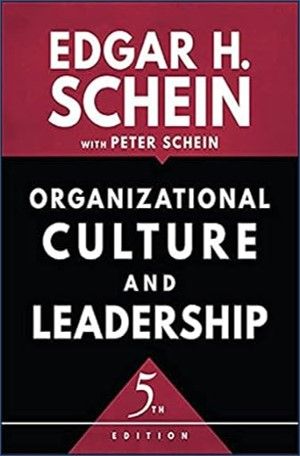
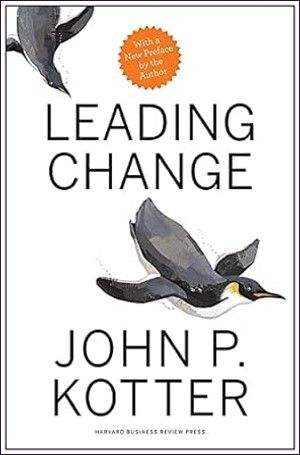
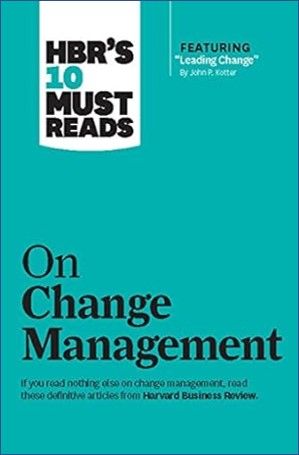


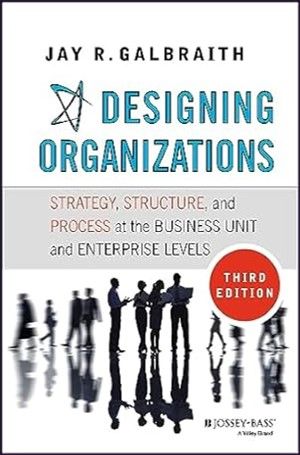

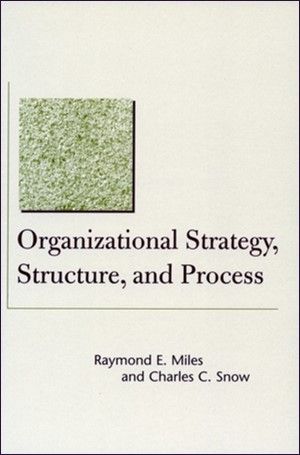





Related blog posts

(5 min read)

(15 min read)
Explore all the popular interviews in this section